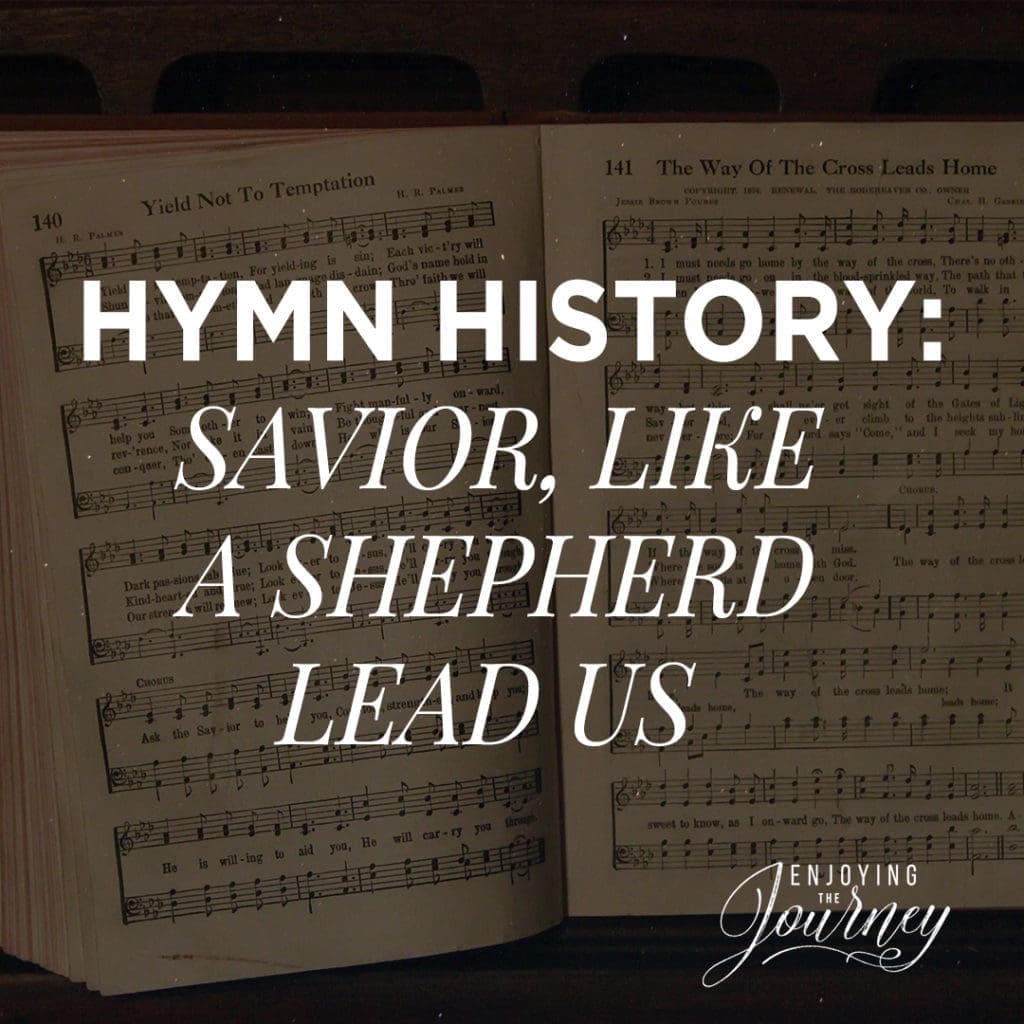
“To him the porter openeth; and the sheep hear his voice: and he calleth his own sheep by name, and leadeth them out.” – John 10:3
We are thrilled to share a series of brief accounts of how some of the great hymns of our faith were written. Each synopsis has been compiled through the research of Jerry Vargo and is shared by permission. It is our hope that these stories will be a help and encouragement to your Christian walk. This week we read a powerful story about the well-known hymn, “Savior, Like a Shepherd Lead Us.”
Savior, Like a Shepherd Lead Us is attributed to Englishwoman Dorothy A. Thrupp (1779-1847), and is found in almost every Christian hymnal. She was born in Paddington Green, in London, England in 1799. Dorothy died in Paddington Green in 1847. Dorothy spent her entire life in London, where she wrote stories for children’s magazines. Modest in character (avoiding personal publicity and using pen names) Dorothy was not fully credited for her works.
By one count, Savior, Like a Shepherd Lead Us appears in just over 1000 hymnals. It is one hymn that most church members can recognize across denominational lines. What may surprise most churchgoers to know, however, is that for such a well-known and loved hymn of the Christian faith, we know little about how it was written.
There is, however, a most unusual story in connection with this hymn. Ira Sankey was the famous song leader for D. L. Moody for nearly 30 years and was known worldwide. This account is told by Ira Sankey in his autobiography.
The year was 1876, and Sankey was traveling on a steamboat up the Delaware River on Christmas Eve. Travelers on such a holiday, seemingly cut adrift in a world where everyone else is celebrating with loved ones, often seem to cling together making a circle of warmth in a waiting room, in a plane, or in an almost deserted restaurant.
It was such a journey. On the deck were gathered a number of passengers, looking out at the calm, starlit night. Someone said, “Mr. Sankey is aboard!” and immediately there were cries of “Let him sing for us! Let’s ask Mr. Sankey to sing!”
He stood leaning against one of the great funnels of the boat. Before he began, he stood for a moment as if in prayer, deciding what to sing. He wanted to sing a Christmas song, but somehow the words of the Shepherd Song were what came to his heart.
“Savior, like a shepherd lead us,
Much we need thy tender care.
In thy pleasant pastures feed us,
For our use thy folds prepare.”
Among the listeners, there was a deep stillness. The words telling the sweet story of God’s love for wandering men, and the beautiful melody floated out across the deck, across the water, into the night. Every heart was stirred.
At the end of the song, there was an almost audible response. One man stepped forth—a rough-looking man.
To Sankey, he said, “Did you ever serve in the Union Army?”
“Yes,” answered Sankey. “in the spring of 1860.”
“Can you remember if you were doing picket duty on a bright moonlight night in 1862?”
“Yes, I do,” answered Sankey, with surprise. “Were you…?”
“I did, too, but I was serving in the Confederate Army. When I saw you standing at your post, I said to myself, ‘That fellow will never get away from here alive.’ I raised my musket and took aim. I was in the shadow, completely hidden, while you walked in full moonlight.
“At that instant, you began to sing—just as a moment ago. The song was ‘Savior, like a shepherd lead us…’
“The music reached my heart. I took my finger off the trigger. ‘I’ll wait until the end of the song,’ I said to myself. ‘I can’t miss him, and I can shoot him afterwards.’
“As you sang, you reached the place where it says,
‘We are Thine, do Thou befriend us,’
‘Be the guardian of our way…'”
“I could hear every word perfectly, and how the memories came to my heart! I began to think of my childhood and my mother. She loved God. She had sung that song to me many times. But she died all too soon, otherwise I think my life might have been different.
“At the end of the song, I could not raise my musket again. It was impossible for me to take aim, though you still stood in the bright moonlight, a perfect target.
“Then I thought of the Lord. I looked at you and thought, ‘The Lord who was able to save that man from certain death must surely be great and mighty.’ My arm dropped to my side and I cannot tell you all the things I thought at that time. My heart was smitten, but I didn’t know what to do.
“Just now, when you were about to sing and stood quietly as if praying, I recognized you. I’ve wandered far and wide, since that other occasion. I have never found that Shepherd. Please help me now find a cure for my sick soul.”
Deeply moved, Mr. Sankey threw his arms about the man who had been his enemy, who, indeed, could have ended his life. That Christmas Eve night, a former soldier found the great and tender Shepherd as his Savior.
On a riverboat going up the Delaware River on Christmas Eve 1876, Ira D. Sankey suddenly realized how blessed a man he was to have sung these words of a children’s hymn back in 1862 on that moonlit evening.
1. Savior, like a shepherd lead us,
Much we need Thy tender care;
In Thy pleasant pastures feed us,
For our use Thy folds prepare:
Blessèd Jesus, blessèd Jesus,
Thou hast bought us, Thine we are;
Blessèd Jesus, blessèd Jesus,
Thou hast bought us, Thine we are.
2. We are Thine, do Thou befriend us,
Be the guardian of our way;
Keep Thy flock, from sin defend us,
Seek us when we go astray:
Blessèd Jesus, blessèd Jesus,
Hear, O hear us when we pray;
Blessèd Jesus, blessèd Jesus,
Hear, O hear us when we pray.
3. Thou hast promised to receive us,
Poor and sinful though we be;
Thou hast mercy to relieve us,
Grace to cleanse, and pow’r to free:
Blessèd Jesus, blessèd Jesus,
Early let us turn to Thee;
Blessèd Jesus, blessèd Jesus,
Early let us turn to Thee.
4. Early let us seek Thy favor,
Early let us do Thy will;
Blessed Lord and only Savior,
With Thy love our bosoms fill:
Blessèd Jesus, blessèd Jesus,
Thou hast loved us, love us still;
Blessèd Jesus, blessèd Jesus,
Thou hast loved us, love us still.

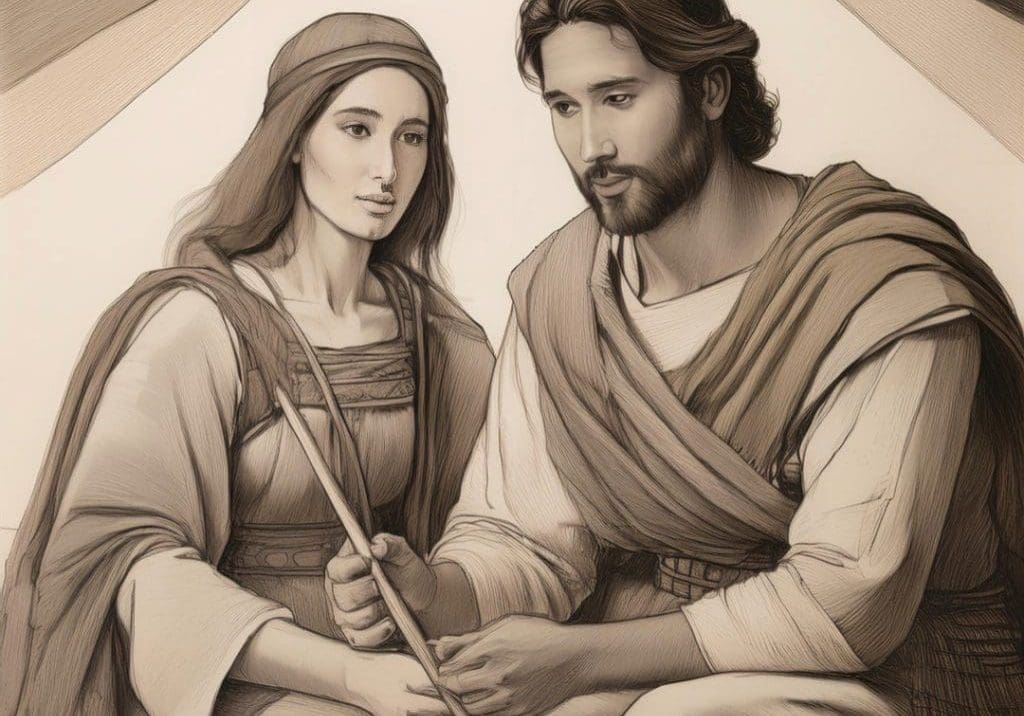


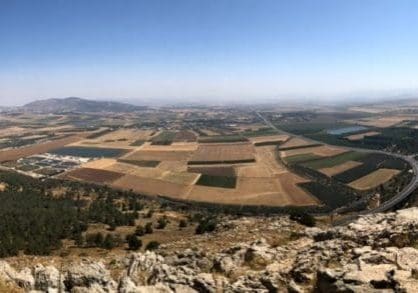
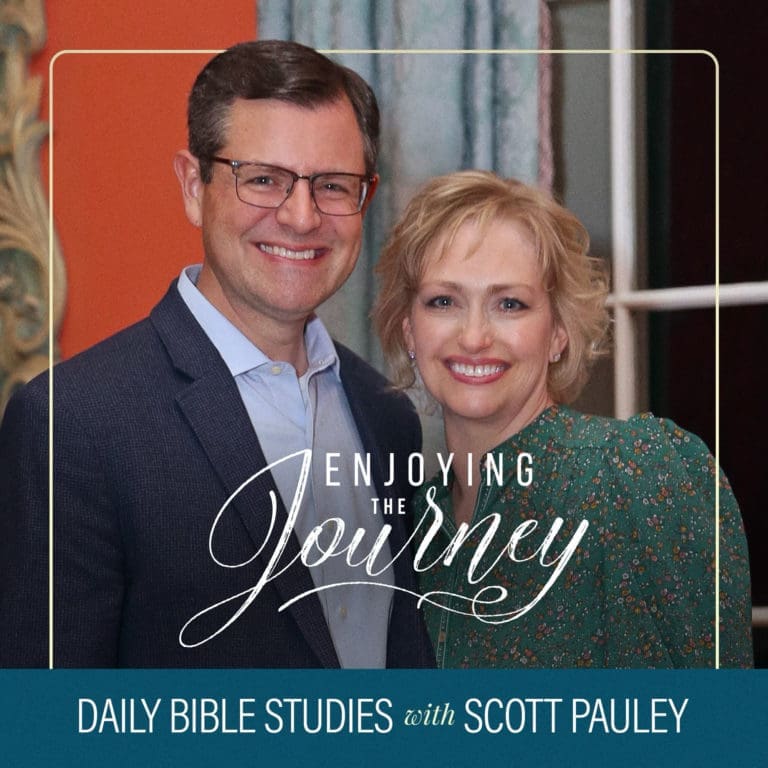
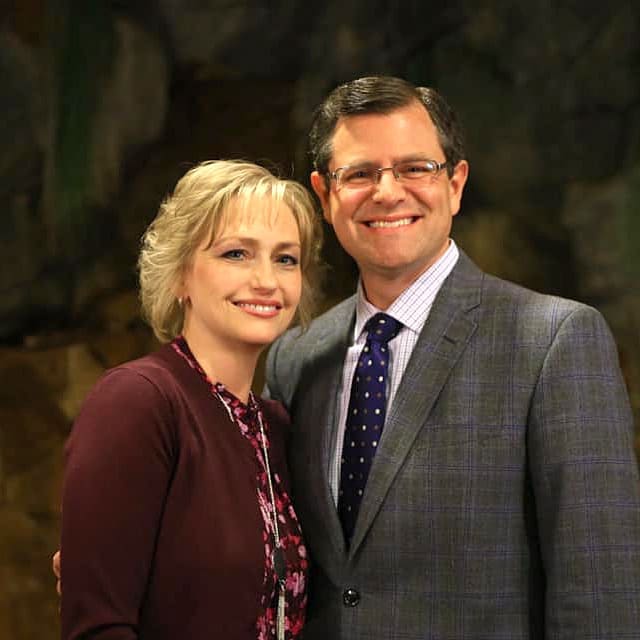
Wow! I love the hymn stories and this one in particular! Gives greater meaning to what God is continuing to do through the obedience of one song down through the years! Thank you for giving us the stories behind these hymns!